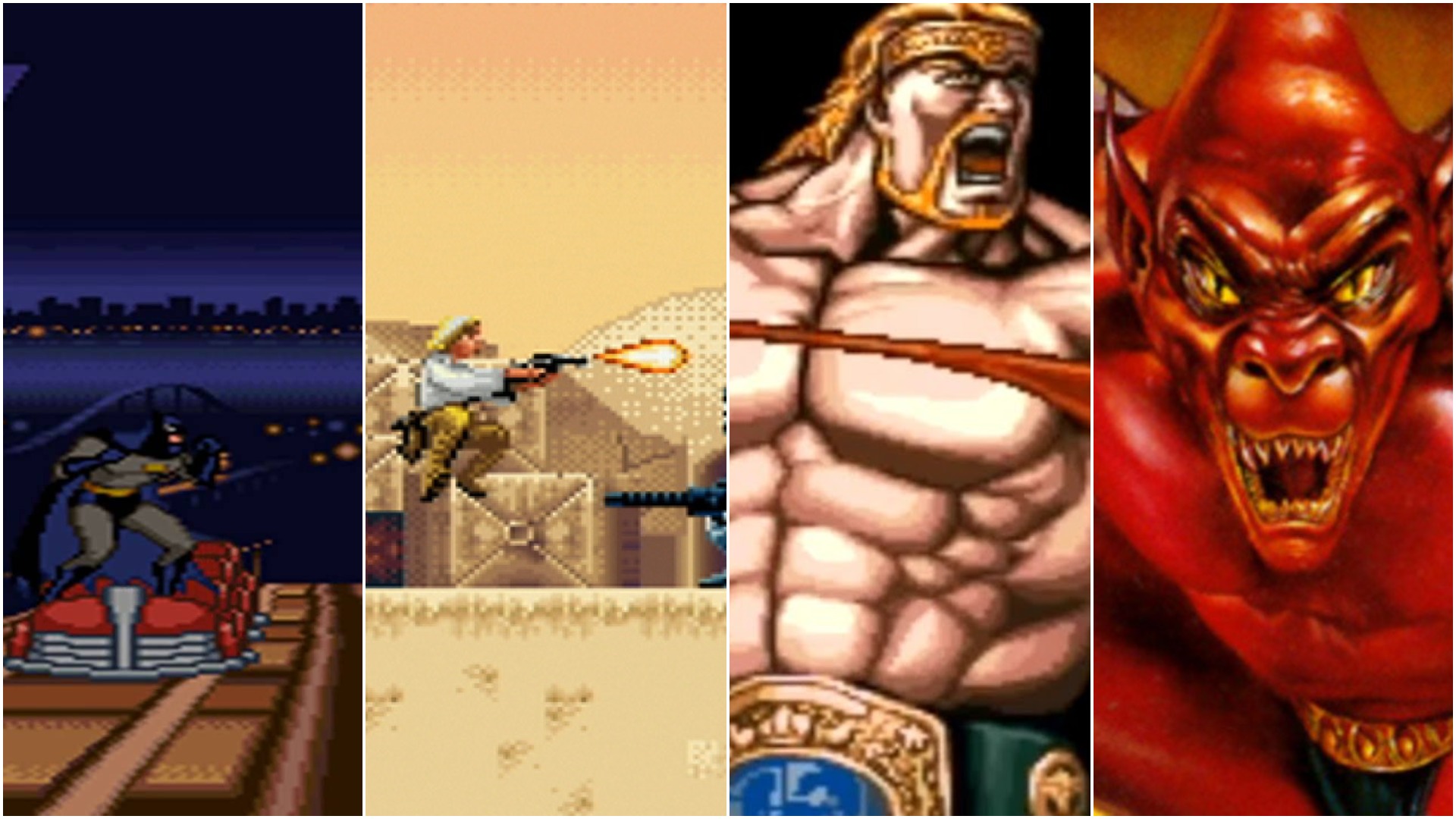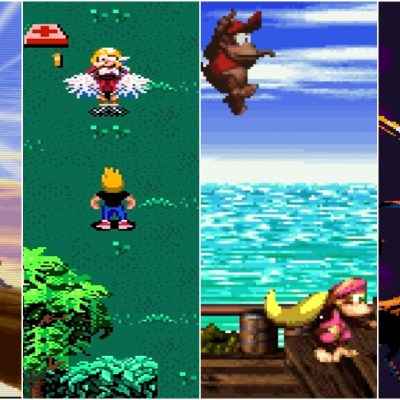The SNES isn’t just the greatest Nintendo console of all-time: it’s the home of a truly impressive collection of classic games, underrated gems, and, for our purposes today, a shocking number of games that never got the sequel they deserved.
While you can usually list the business reasons why certain games don’t get sequels, that does little to diminish fans’ desires for more of a particular experience or even a second chance to get things right. In the case of some of these games, fans have been holding their breath for quite a long time.
Before we dive into this look at SNES games begging for a sequel, please note that while we will mostly focus on games that never got a sequel, a few of these titles did get underwhelming sequels that missed the mark or otherwise haven’t been revisited in over 20 years.
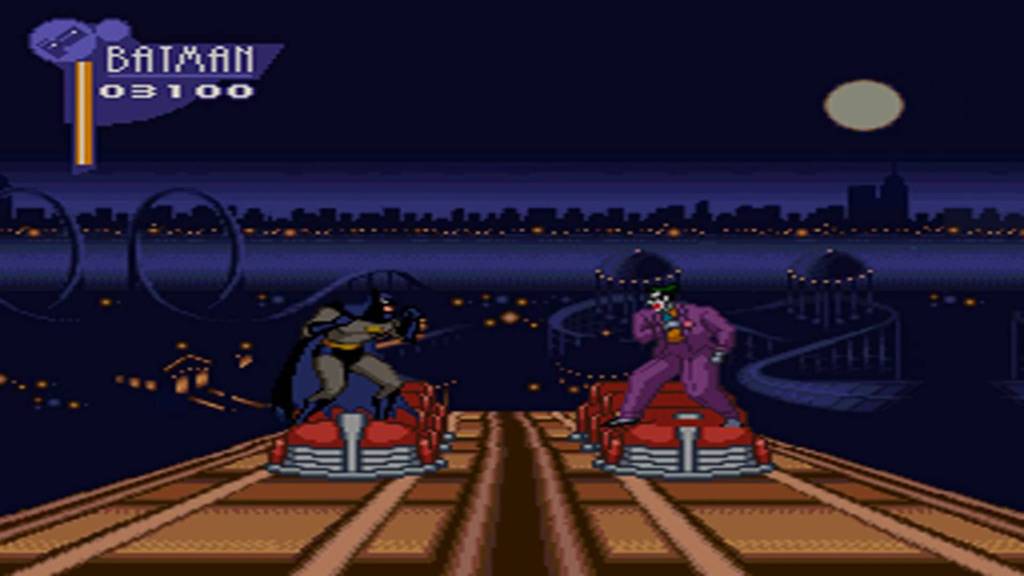
15. The Adventures of Batman and Robin
While I actually slightly prefer the Genesis version of this game, this underrated SNES gem was still a Konami beat-em-up made at the peak of that studio’s efforts in that genre. Even better, it was based on arguably the best Batman adaptation of all time: Batman: The Animated Series.
So why did this never get a sequel? It certainly wasn’t perfect, and Konami may have struggled to retain the rights, but given how much the company’s TMNT games improved over time, it’s hard not to wonder what Konami could have done if they had been allowed to expand upon this brilliant marriage of an expertly adapted world and nearly airtight gameplay.
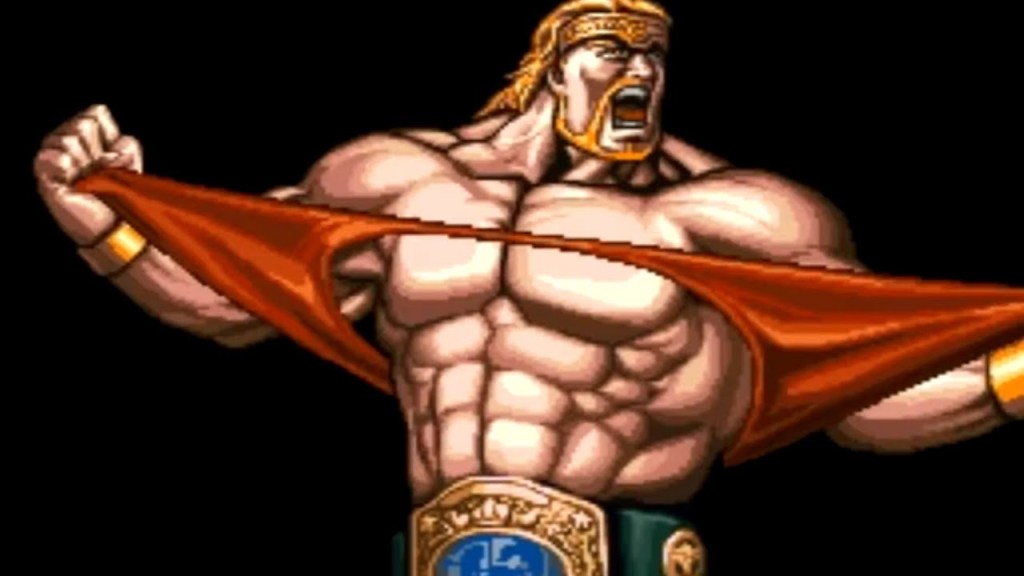
14. Saturday Night Slam Masters
This game did technically get a sequel, but that title never officially made it out of Japan and also made some drastic changes that made the series more of a 2D fighting game. It was actually quite good, but it didn’t reach the heights of the original.
After all, Saturday Night Slam Masters balanced a fascinating mixture of fighting games and wrestling games that was compelling enough at the time but may bring a generation raised on increasingly stale WWE games to tears. This is quite simply one of the most entertaining wrestling games ever made.
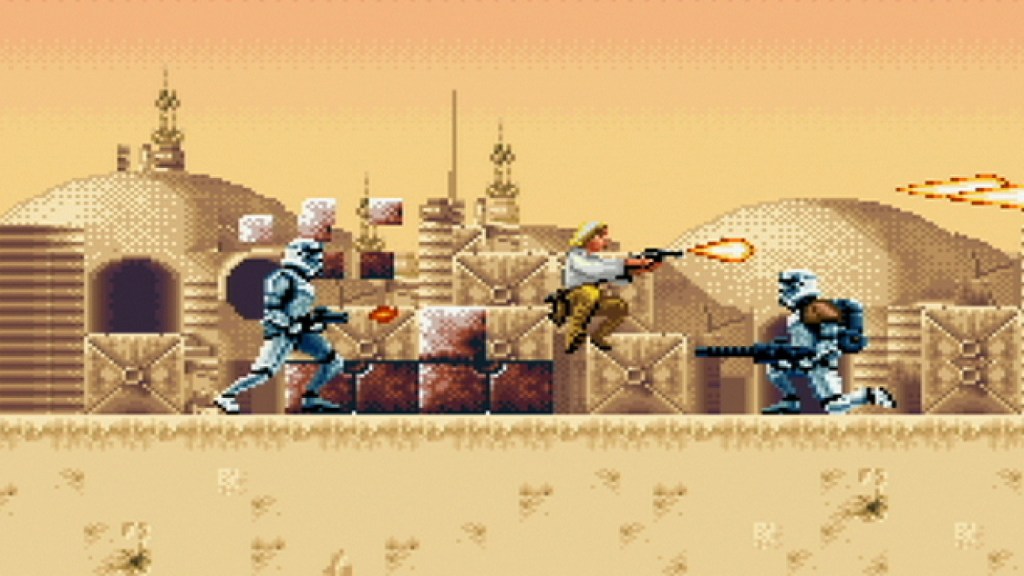
13. Super Star Wars Trilogy
This entry is a bit of a cheat since it not only combines three games in one entry but arguably ignores the fact that we’ve obviously gotten quite a few Star Wars games since these were released. Still, what I really want is a new trilogy of games that mimics the gameplay and style of these brutally difficult classics.
Whether they’re based on the prequel trilogy, sequel trilogy, or tell entirely original stories, I’d love for a modern developer (probably someone in the Devolver Digital family) to make a modern Super Star Wars game that leaves you wanting to throw your controller through the window and enjoying every minute of it.
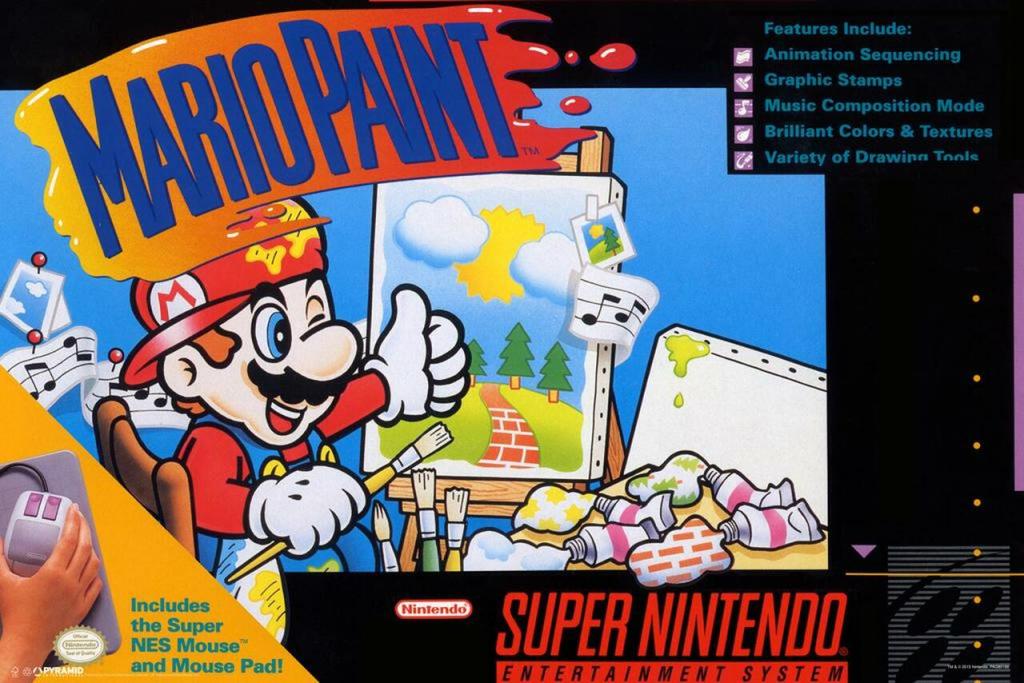
12. Mario Paint
While Nintendo has made other strange games that emphasized player’s creative input (Mario Maker is probably the most notable recent example), they’ve never really properly revisited this Super Mario spin-off that showed Nintendo fans everywhere there was an artist inside of them.
Mario Paint may be simple by today’s standards, but that’s all the more reason for Nintendo to upgrade what was essentially an educational game that mastered the “gamify” concept long before that really became a talking point in the industry.
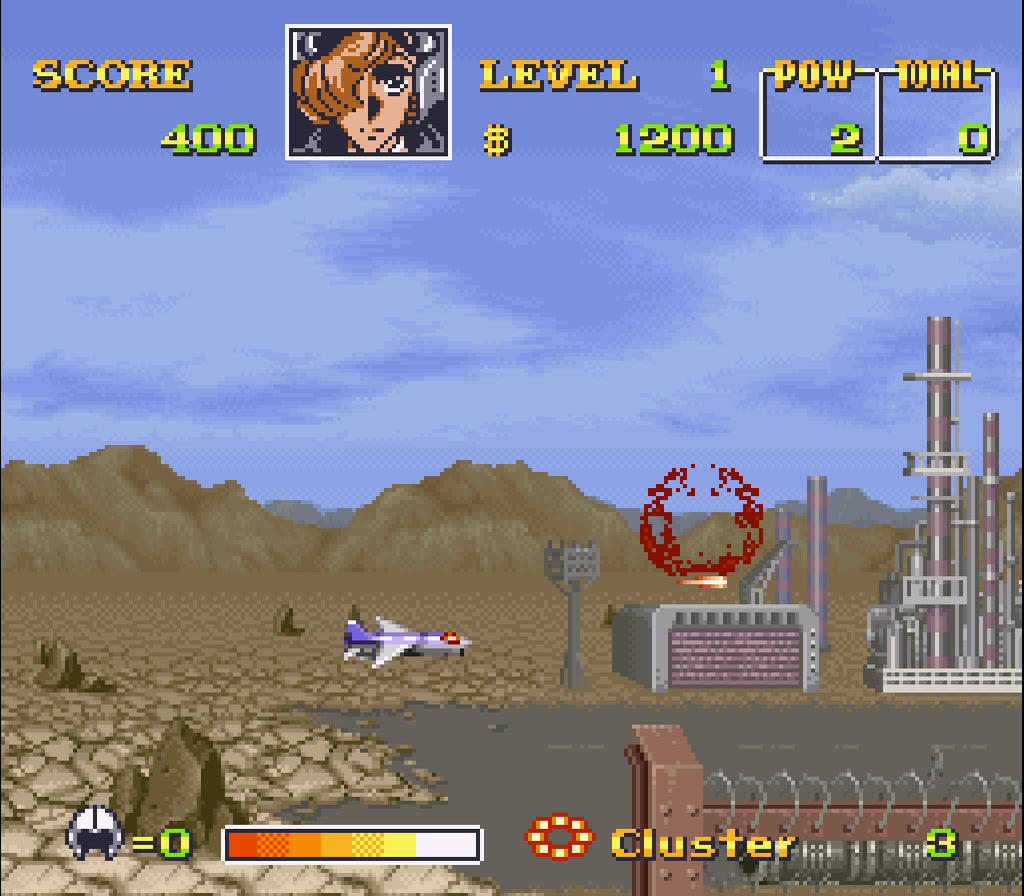
11. U.N. Squadron
The SNES wasn’t exactly lacking in worthwhile shooters, but there was always something special about U.N. Squadron. Granted, it was tough as nails, but the game’s upgrade system, visuals, and incredible level design typically made it easy to put up with the frustrations.
Capcom is always talking about revisiting and reviving its back catalog, so why not release an “indie-style” sequel to this cult classic that’s always deserved another look?
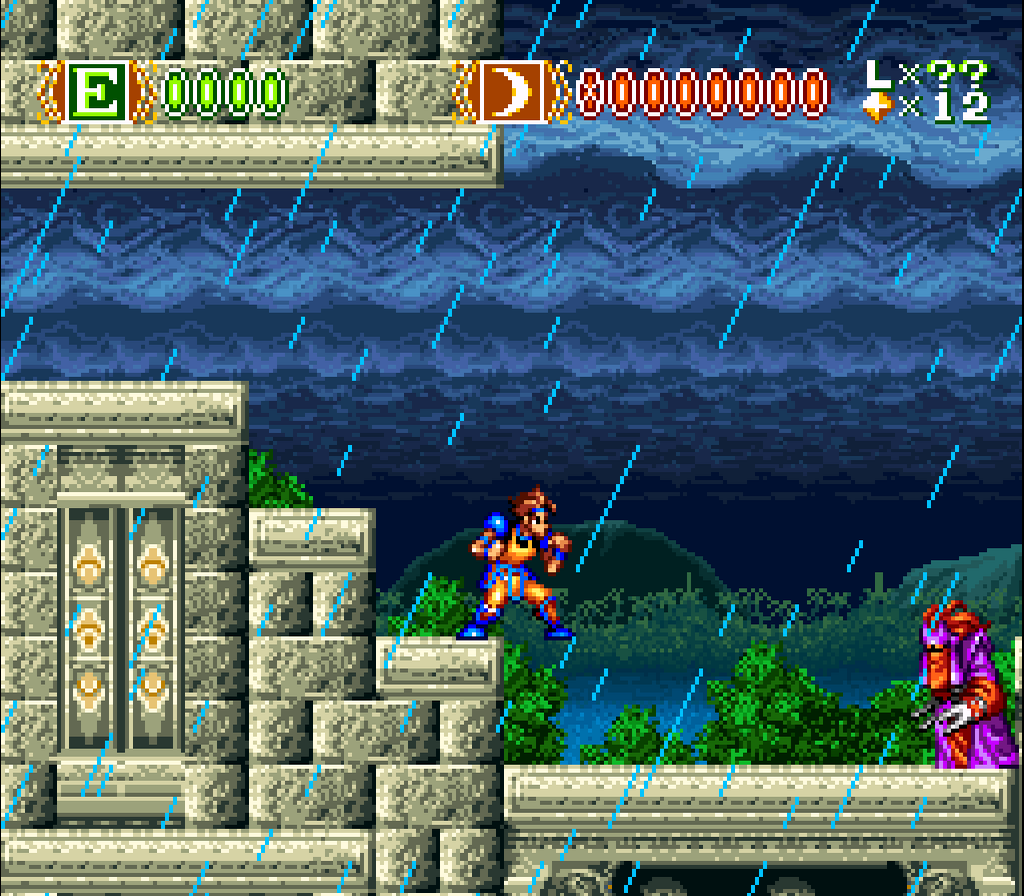
10. Skyblazer
This largely forgotten gem from the SNES era shows just how spoiled we were at that time for these kinds of experiences.
After all, Skyblazer was a game that combined great visuals, a killer soundtrack, puzzle-solving, platforming, and intense side-scrolling action, and few people ever actually played it. A simple re-release of this underrated classic would be more than I could hope for, but truth be told, my heart cries out for an admittedly unlikely sequel.
Read more
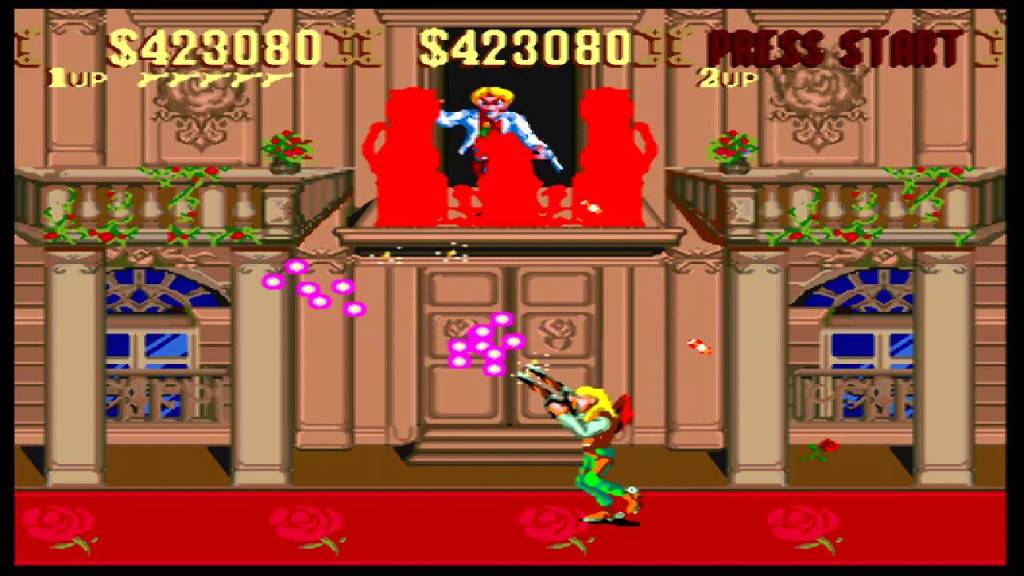
9. Sunset Riders
Long before Red Dead Redemption offered arguably the definitive Western gaming experience, one of the most enjoyable ways to take a trip to that era was this run-and-gun side-scroller shooter that failed to really make a name for itself despite having so much going for it.
Sunset Riders‘ old west setting carries a lot of this game’s weight, but it’s really this shooter’s gameplay (which feels like a combination of Contra and a light gun shooter) that makes you wonder how it spent so many years in relative obscurity. A sequel would go a long way towards helping to ensure this game gets the love it deserves.
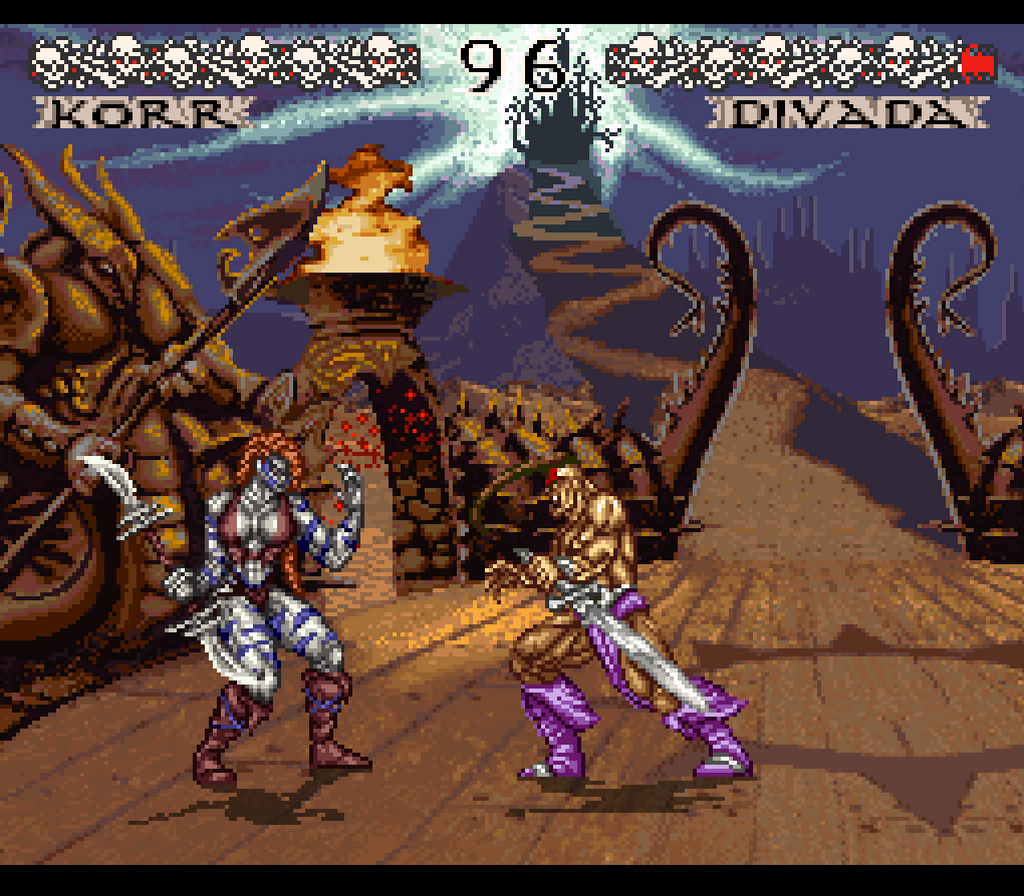
8. Weaponlord
It felt like every developer was trying to make the next great fighting game in the ‘90s. While most of those efforts fell well short of being the next Mortal Kombat or Street Fighter, the decade’s onslaught of subpar efforts meant that a few fighting games never got the chance they deserved.
Weaponlord was one of those games. Sometimes referred to as the spiritual predecessor to Soul Edge/Soul Calibur, this weapon-based fighting game complemented its shockingly deep gameplay with a unique art style that stands out to this day. It wasn’t perfect, but it’s so easy to imagine how a sequel could have fixed nearly all of this game’s flaws.
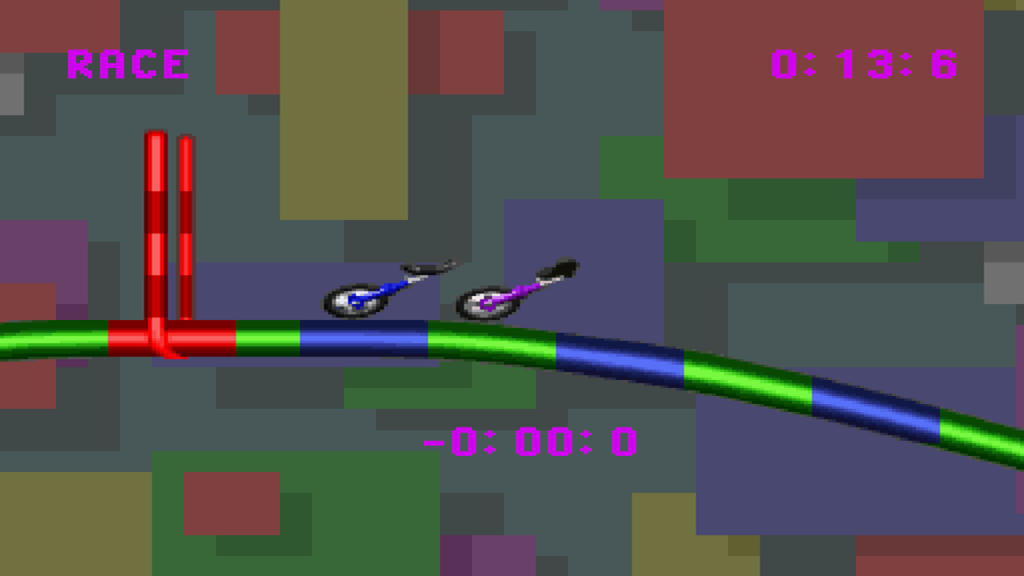
7. Uniracers
A racing game about unicycles is strange enough, but what really sets this game apart is its surprising speed and wacky courses that emphasize almost “stunt-like” racing and tricks. I even kind of love this game’s weird ‘90s attitude.
There was just so much more that could have been done with this concept had Uniracers gotten the sequel it deserved. Since its developer DMA Design (now known as Grand Theft Auto developer Rockstar North) clearly isn’t doing anything these days, I don’t see why they wouldn’t revisit this one.
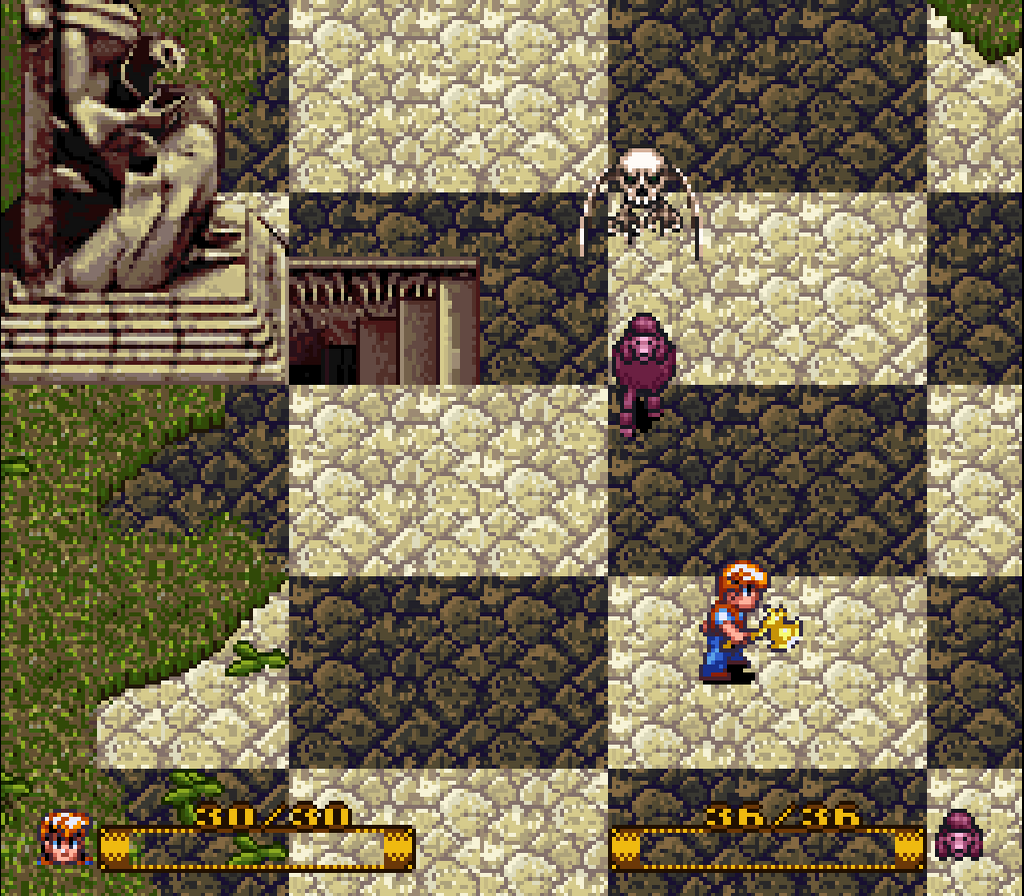
6. Secret of Evermore
It’s easy to get this game confused with Secret of Mana and some of the other titles of this era, but Secret of Evermore truly was a special piece of action RPG design that has been tragically overlooked over the years for reasons that have little to do with the game’s quality.
At a time when many fans were looking for a Secret of Mana sequel, Secret of Evermore offered a somewhat similar but distinctly different gaming experience that was a little slower, a little stranger, and a little more complicated, but arguably never got the chance it deserved to really carve its own identity and find an audience. I think modern gamers would be more receptive to this title’s ideas, though it would be a lot easier to confirm that theory if we got a sequel.
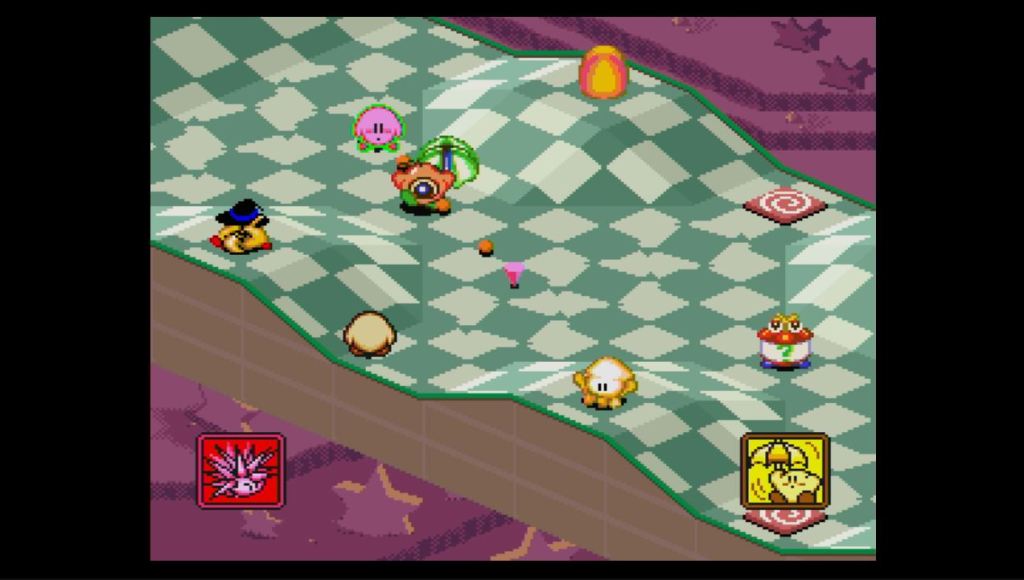
5. Kirby’s Dream Course
Kirby’s Dream Course is one of those games that I feel was both hurt and helped by its license. While this project’s association with Kirby probably inspired more people to play what essentially amounts to a combination of golf and puzzle games (think Marble Madness), a lot of young gamers who took a chance on this thinking it was closer to a traditional Kirby game were left throwing their hands up in the air.
Years later, though, it’s easier than ever to appreciate what Dream Course is going for. This almost zen-like experience challenges you to use your brain to solve its most fiendish puzzles but keeps things light enough to encourage you to progress even when you hit a wall. Even if an eventual sequel was nothing more than a mobile game, Dream Course is more than worthy of another look.
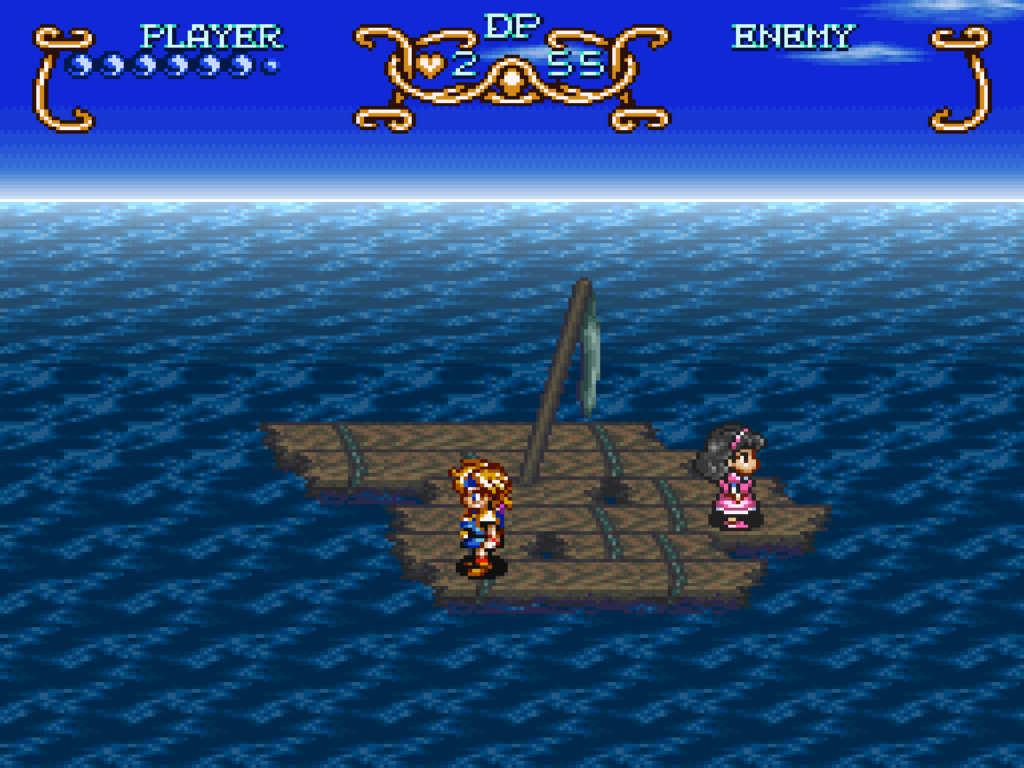
4. Illusion of Gaia
Illusion of Gaia was one of those SNES games that not everybody owned, but those who did own it typically wouldn’t shut up about it. To be fair to those sometimes persistent gamers, it’s kind of hard to forget about Illusion of Gaia once you’ve given it a chance.
Though perhaps best described as an ARPG, Illusion of Gaia is actually sometimes closer to a more complicated take on a classic Legend of Zelda game. Its incredible world, surprising plot, fun action, and unique action/adventure concepts made it easy to love, hard to forget, and surprisingly difficult to play. While part of an unofficial trilogy of games, this one has always deserved a proper sequel.
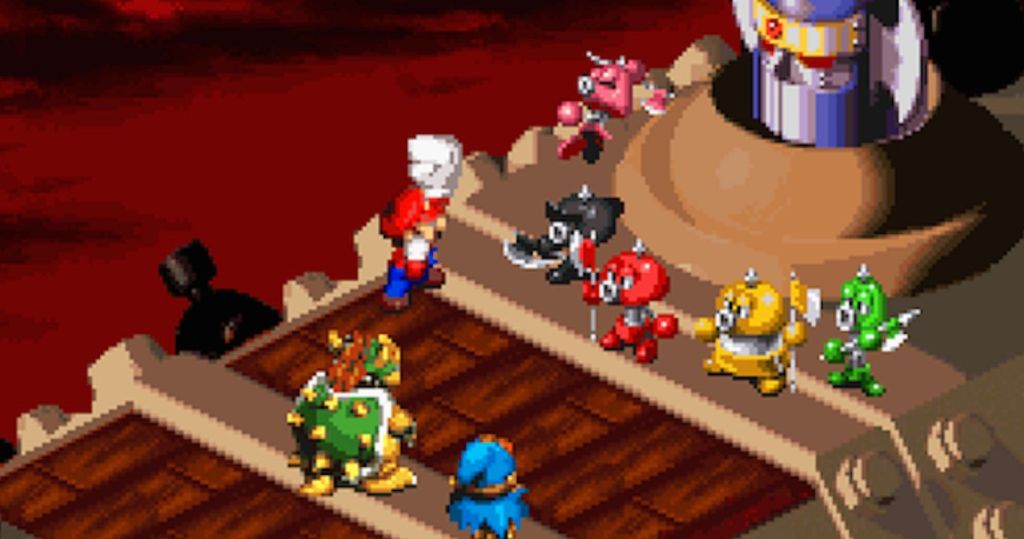
3. Super Mario RPG
While the Paper Mario series and some of the Mario & Luigi games eventually carried on Super Mario RPG’s legacy, you’ve got to forgive fans who still cry out for a “proper” Super Mario RPG sequel to this day. Maybe that’s because there’s really not another game quite like Super Mario RPG.
Developed by SquareSoft during their 16-bit peak, Super Mario RPG combined the better elements of a Final Fantasy game with the more lighthearted nature of a Mario title. The result was an RPG that was much more “accessible” than other notable RPGs of this era but never left you feeling like you were playing a lesser game. At the very least, a Super Mario RPG sequel may be the only way that we get more Geno adventures.
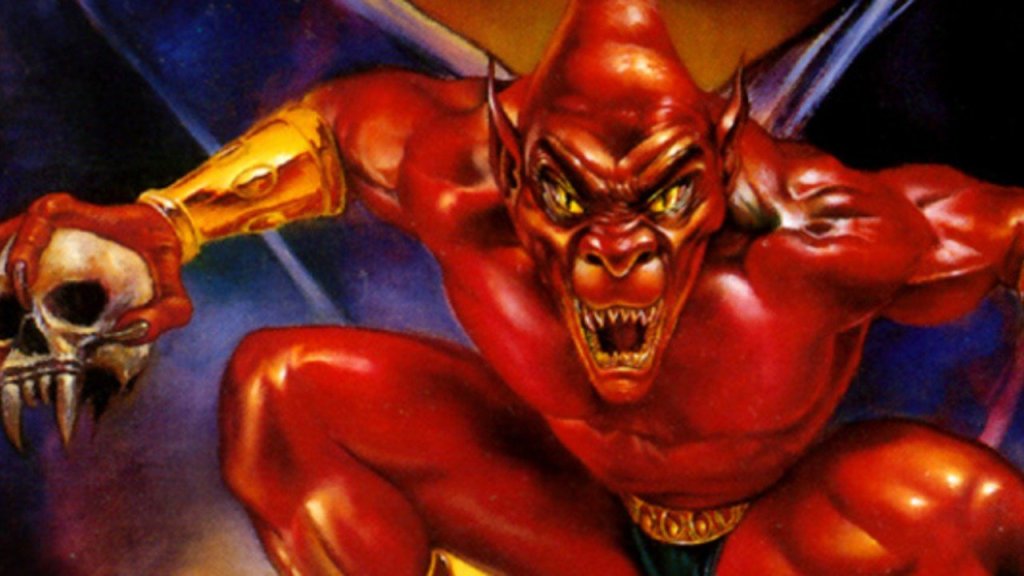
2. Demon’s Crest
There’s a loose rumor that Demon’s Crest‘s sales were so bad that it actually registered negative sales at one point due to an excessive number of returns. It may be little more than an urban legend, but it kind of goes to show you just how poorly this game performed when it was released.
To this day, I’m not sure why Demon’s Crest wasn’t an instant hit. It was a bit short and some of its design elements were somewhat confusing, but this lovely gothic action title combined Castlevania and Mega Man in a way that is so easy to fall in love with. It’s the kind of game that practically begged for a sequel that it just never got.
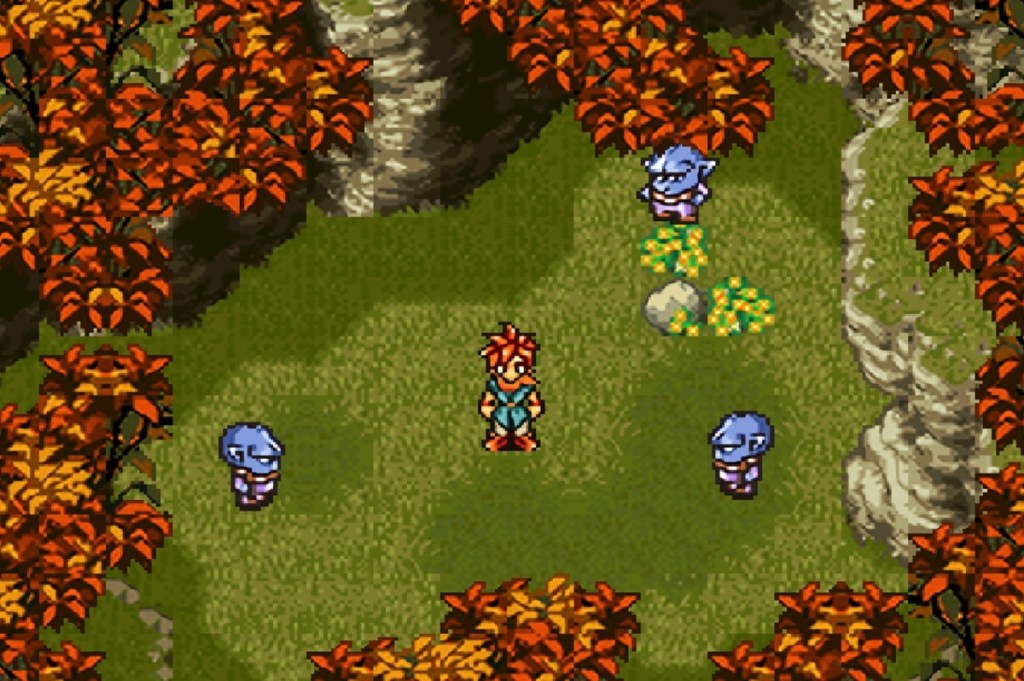
1. Chrono Trigger
While I’m actually a fan of 1999’s Chrono Cross, I understand why many fans don’t like it. I believe Kotaku once called it a great game and a bad sequel, which really kind of sums up some of the ways that game distinguished itself while seemingly ignoring so many of the ways the classic original made a name for itself as one of the best RPGs ever.
So yes, count me among the many who still wants a “proper” Chrono Trigger sequel to this day. While there are plenty of reasons to doubt that a modern Chrono Trigger game could replicate the ways that this game’s “dream team” of developers made it arguably the best JRPG of the golden era of JRPGs, it’s almost impossible to walk away from this one and not be left wishing for more.
